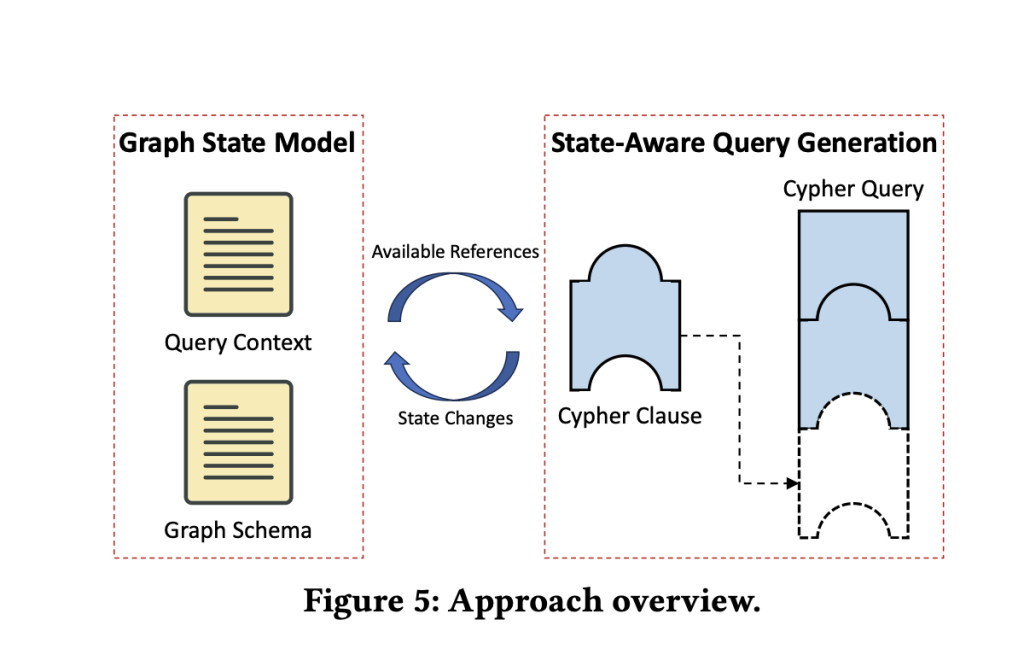Graph database management systems (GDBMSs) have become essential in today’s data-driven world, which requires more and more management of complex, highly interconnected data for social networking, recommendation systems, and large language models. Graph systems efficiently store and manipulate graphs to quickly retrieve data for relationship analysis. The reliability of GDBMS will then be crucial for sectors in which data integrity is very important, such as finance and social media.
Despite high diffusion, the intrinsic complexity and dynamic data changes these systems handle are serious problems and hassles in the GDBMS. A bug in these systems could create serious problems, including data corruption and possible security flaws. For instance, these bugs in GDBMS can lead to denial-of-service attacks or information disclosure that will be disastrous in high-assurance applications. As both the systems and the nature of the queries they process are very complex, their detection and resolution are quite challenging; hence, these bugs might pose a severe reliability and security risk.
State-of-the-art techniques for testing GDBMS generate queries in Cypher, the most widely adopted graph query language. However, these techniques only generate relatively small complexity queries and fully model state changes and data dependencies typical of complex real-world applications. Indeed, state-of-the-art approaches usually cover a small portion of the functionality offered by GDBMSs and fail to detect bugs that may compromise system integrity. These deficiencies underline the need for more sophisticated testing tools capable of accurately modeling complex operations in GDBMS.
That being the case, ETH Zurich researchers have proposed an alternative way of testing GDBMS focusing on state-aware query generation. The team implemented this approach as a fully automatic GDBMS testing framework, DINKEL. This method enables modeling the dynamic states of a graph database to create complex Cypher queries that represent real-life data manipulation in GDBMS. In contrast to traditional techniques, DINKEL permits the continuous update of state information about a graph during the generation of queries, thus guaranteeing that every independent query reflects a database’s possible states and dependencies. Hence, this multi-state change and complex data interaction empower queries to enable the testing of GDBMS with high test coverage and effectiveness.
Another approach by DINKEL is based on the systematic modeling of graph states, divided by query context and graph schema. Query context contains information about the temporary variables declared in the queries; graph schema includes information on current graph labels and properties. On the generation of Cypher queries, DINKEL incrementally constructs every query, drawing on information about the current state of the graph’s accessible elements and updating state information as the query evolves. This state awareness guarantees syntactical correctness but also ensures real-world scenarios are represented by the queries generated from DINKEL, enabling the revelation of bugs that would have flown under the radar.
The results of DINKEL performance are really impressive. His extensive testing on three major open-source GDBMSs—Neo4j, RedisGraph, and Apache AGE—DINKEL showed a brilliant validity rate for complex Cypher queries of 93.43%. In a 48-hour test campaign, DINKEL exposed 60 unique bugs, among which 58 were confirmed, and the developers later fixed 51. By applying this methodology, DINKEL could cover over 60% more code than the best baseline testing techniques, thus demonstrating improved deep bug-exposing ability. Most of these bugs were previously unknown and involved tricky logic or state changes in the GDBMS, underpinning the effectiveness of DINKEL’s state-aware query generation.
The approach by the ETH Zurich team serves a needy cause in testing GDBMS. They have developed a state-aware approach to generating queries for building this tool, drastically improving complex bug detection that hazard reliability and security in graph database systems. Results Their work, materialized through DINKEL, showed remarkable improvements in test coverage and bug detection. This advance is a step ahead in GDBMS robustness assurance; DINKEL is one relevant tool for developers and researchers.
Check out the Paper. All credit for this research goes to the researchers of this project. Also, don’t forget to follow us on Twitter and join our Telegram Channel and LinkedIn Group. If you like our work, you will love our newsletter..
Don’t Forget to join our 49k+ ML SubReddit
Find Upcoming AI Webinars here
The post This AI Paper from ETH Zurich Introduces DINKEL: A State-Aware Query Generation Framework for Testing GDBMS (Graph Database Management Systems) appeared first on MarkTechPost.
Source: Read MoreÂ

